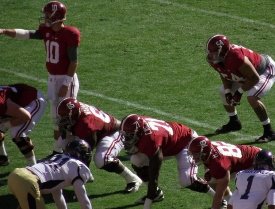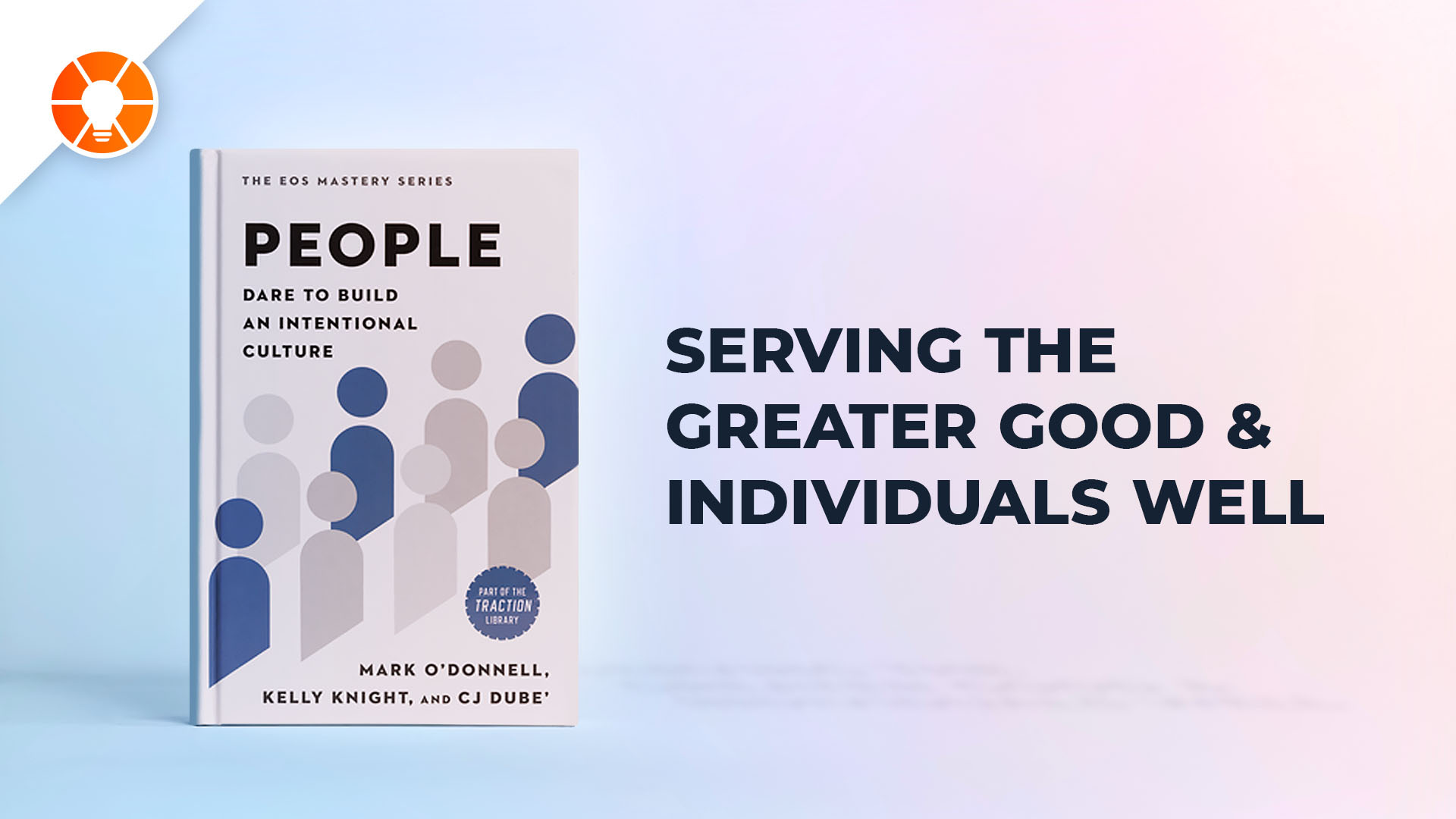
Once there was a football team who overcame an upset loss to a rival and made it to the playoffs, only to lose in the semi-finals.
The following year, they lost to the same rival, again overcame the loss to make it to the playoffs, but this time, they won the championship.
Obviously, I’m talking about the Alabama Crimson Tide’s 2014 and 2015 seasons. They found themselves in the same scenario in two different years.
What Made the Difference Between Winning and Losing?
It was more than just a determination not to repeat another loss. According to reports from both the players and the coach, it was individual players becoming distracted by their own personal circumstances that upset the team’s chemistry.
“…All of a sudden, a guy finds out he’s a first-round draft pick, or a guy that thought he was a first-round draft pick finds out he’s not a first-round draft pick, and we’re trying to get ready to play a playoff game,” Alabama head coach Nick Saban said at SEC Media Days.
Apparently, this created an atmosphere in the locker room that wasn’t exactly conducive to “team spirit.” Players have declined to elaborate on the negative attitudes at work during previous seasons, but their descriptions of the positive differences of 2015 paint a pretty clear picture.
Cyrus Jones and Reggie Ragland are both reported to have said there was “less selfishness” on the team. “I think it’s a much more tight-knit locker room,” said Jones. “Everybody has the same goals. No big egos on the team. Everybody is just focused on trying to complete our mission, which is to be in the national championship and win it at the end of the year.”
Teammate Reggie Ragland noted a lack of animosity between the players. “This is the best feeling I’ve had about a team in a long time, since my Freshman year. Everybody’s just communicating. Every time you walk into the locker room, you just feel at home and at peace… If everybody keeps doing their job, we’ll be where we want to be at the end,” said Ragland.
If you use EOS in your business, quotes like this should sound familiar. This is what we refer to as “team health,” and it’s the kind of spirit we strive for among our own team, because it’s the only way to reach our goals.
Coach Saban hasn’t revealed what he did to change his players’ attitudes for 2015, but having read his book, I know he believes it’s not enough just to understand team psychology. If you, as a leader, want to develop accountability and trust, you have to live the ethics and values you want to see from your team. And he and his staff did just that in 2015.
Kirby Smart could have departed for his new job as head coach at Georgia when the regular season was over, but he chose to stay. He said it was the right thing to do for the players in whose living rooms he had sat just a few short years ago and talked them into coming to Alabama.
Coach Saban put the team’s interests ahead of his own, too, according to reports that he gave Smart a secretary shortly after he was hired by Georgia and told him that he should be done with his Alabama-related work by a certain time each night to take care of Georgia-related matters.
Both these coaches understood how necessary it is to lead by example. Imagine how the dynamic among the players could have changed if Smart had checked out before the team was finished, or if Saban had suddenly begun to regard Smart as his competition and treated him differently than before.
Both of these men chose to do more than just what was expected of them and made it a priority to do what was right for the team. This galvanized their players’ commitment to them, to their teammates, and to the mission they had set out to accomplish together.
As a Business Leader, You are the Linchpin in Your Own Team’s Chemistry
You’re responsible for more than creating clarity about what your company’s objectives are and how you are going to achieve them; you’re also responsible for the atmosphere in your locker room. You’re responsible for recruiting players who will buy into your culture. You’re responsible for choosing people who have not only the skills to do the job, but also the desire to achieve something great with others, as part of a team.
In short, you’re responsible for creating a “WE instead of ME” culture. And it comes from the top down. You can only build a team who will leave 110% on the field if you give them 110% of yourself.
Next Steps
- Download a copy of the EOS V/TO™ to help you create a WE instead of ME culture.
- Check the strength of your company with the EOS Organizational Checkup.
- Download a free chapter of Get a Grip to learn practical ways to use EOS in your company.
This post originally appeared on the DeWitt LLC Blog on February 17, 2016.






